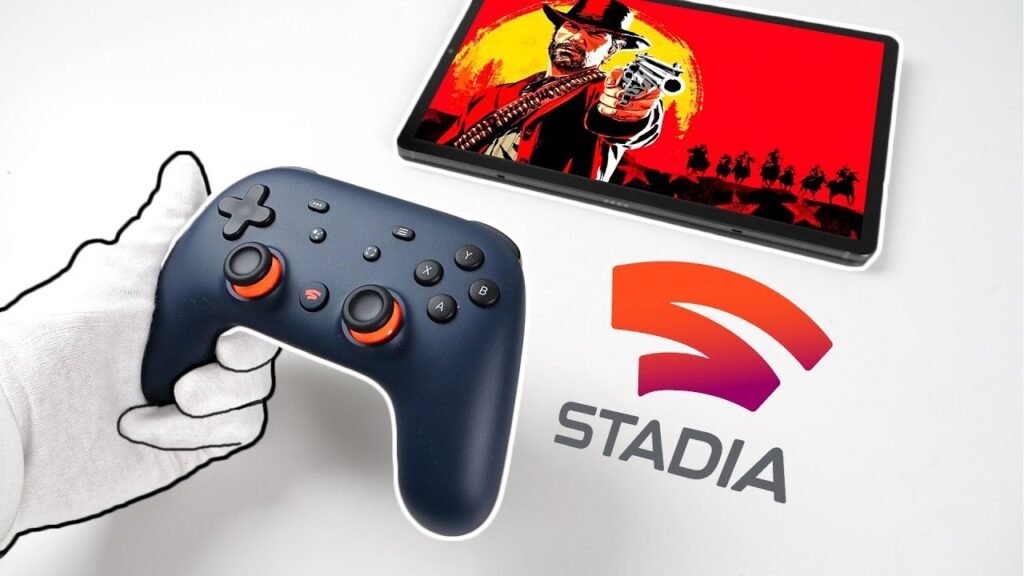Today in this blog we will show our research and conclusion on why google game streaming service has been shut down. What are reason behind streaming service shutdown.
Title: The End of an Era: Google to Shut Down Stadia Video Game Streaming Service
After nearly three years of striving to revolutionize the gaming industry, Google has made the tough decision to close the curtains on its ambitious Google Game Streaming Service, Stadia. The announcement, made by Phil Harrison, Stadia’s vice president and general manager, signals Google’s acknowledgment of Stadia’s failure to gain the expected traction among gamers.
Stadia was introduced as Google’s answer to traditional gaming consoles like Microsoft’s Xbox and Sony’s PlayStation, offering the promise of streaming games over the internet without the need for expensive hardware. However, despite its innovative approach, Google Game Streaming Service struggled to capture the interest of the gaming community.
In his blog post, Harrison expressed regret over the service’s lack of popularity, stating, “It hasn’t gained the traction with users that we expected, so we’ve made the difficult decision to begin winding down our Google Game Streaming Service, Stadia.”
Google has announced plans to refund all game hardware purchases made through the Google Store, as well as game purchases from the Stadia Store. Most refunds are expected to be completed by mid-January. Additionally, Google has started selling Stadia’s streaming technology to other businesses and plans to reassign many Stadia team members to other projects within the company.
The decision to shut down Stadia is part of Google’s broader efforts to streamline its operations and cut unnecessary expenses. Sundar Pichai, Google’s CEO, initiated a “Simplicity Sprint” aimed at improving business efficiencies amid economic uncertainties.
Stadia’s closure comes as a disappointment to both gamers and industry insiders. Marc Rodriguez, the COO of VoxPop Games, expressed mixed emotions about the decision, citing the challenges of competing with established gaming giants and changing gamer habits.
For avid Stadia users like Jon Jameson and Gabe Maier, the news of the service’s demise evoked feelings of betrayal and disappointment. Jameson, who relied on Stadia for entertainment during his long-term disability, expressed empathy for the staff affected by the shutdown. Maier, a loyal Google user, lamented the company’s perceived tendency to abandon projects hastily, leaving dedicated customers in the lurch.
Amidst the closure of Stadia, reports have emerged of Google testing a new gaming initiative called Playables. This new product, reportedly allowing users to play games via YouTube on mobile devices or computers, hints at Google’s continued interest in the gaming sphere despite Google Game Streaming Service, Stadia’s failure to gain traction.
While the future of Google’s gaming ventures remains uncertain, the closure of Stadia marks the end of a chapter in the company’s gaming ambitions. Despite its innovative approach, Stadia serves as a cautionary tale about the challenges of disrupting entrenched industries and the importance of understanding consumer behavior in the gaming market.

